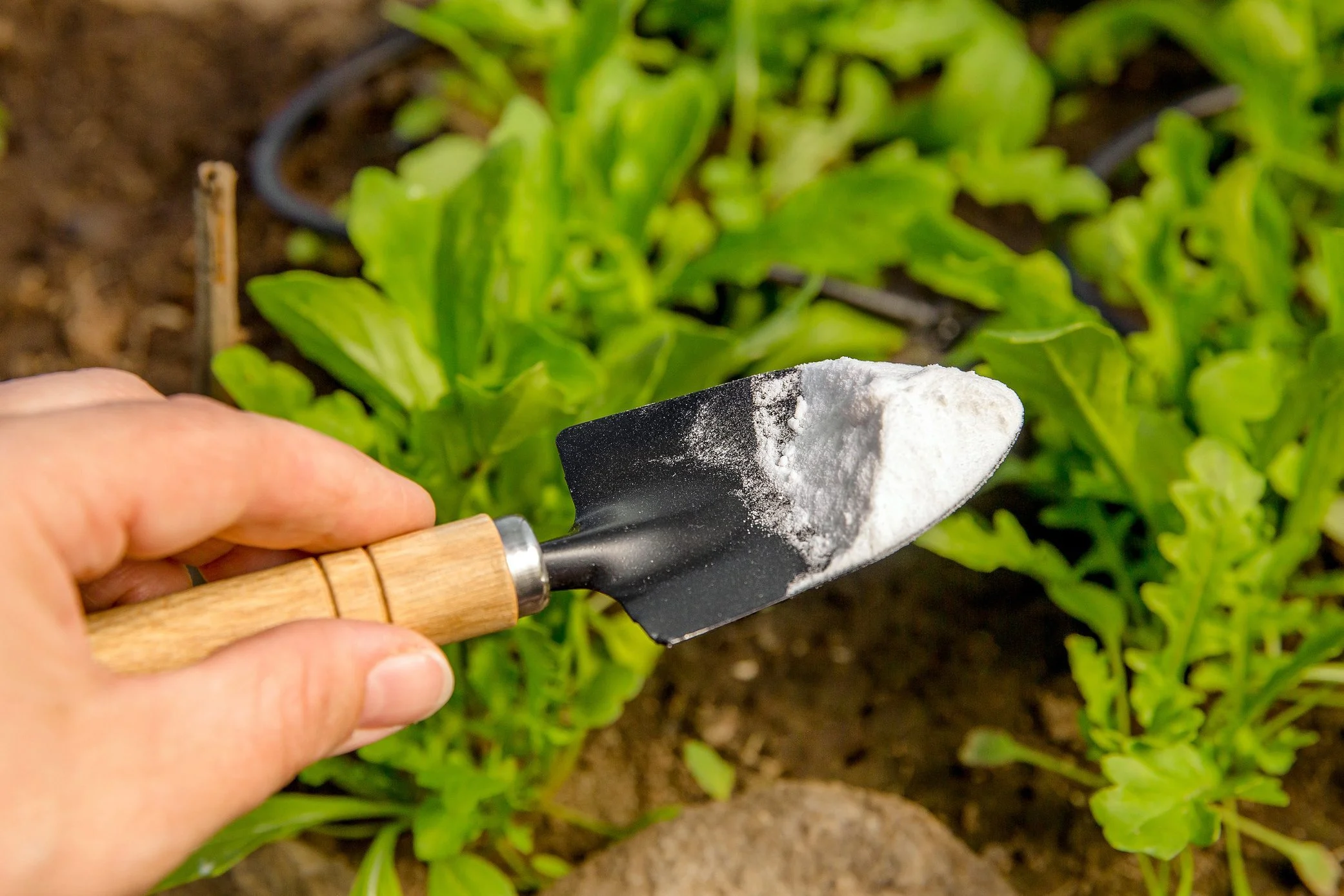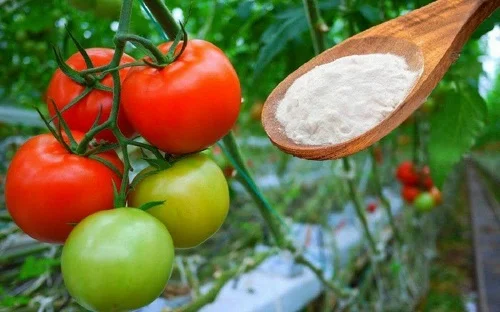How To Use It In Your Garden
Baking soda, also known as sodium bicarbonate, is a common household ingredient that has many uses besides cooking and cleaning. Did you know that baking soda can also benefit your garden in various ways? In this article, we will explore some of the amazing benefits of baking soda for your plants and soil, and how to use it effectively and safely.
Benefits of Baking Soda for Your Garden

Baking soda is a natural and inexpensive substance that can help you improve your garden in several ways. Here are some of the benefits of baking soda for your garden:
- It can prevent fungal diseases. Baking soda has antifungal properties that can help you prevent and treat fungal diseases that affect your plants, such as powdery mildew, black spot, and rust. Baking soda can create an alkaline environment on the plant surface that inhibits the growth of fungi.
- It can deter pests. Baking soda can also help you repel or kill some common garden pests, such as aphids, spider mites, slugs, and ants. Baking soda can either irritate the pests or disrupt their body chemistry, making them avoid or die from contact with it.
- It can boost plant growth. Baking soda can also enhance the growth and health of your plants by improving the soil quality and providing some nutrients. Baking soda can increase the soil pH, making it more alkaline and suitable for some plants that prefer higher pH levels. Baking soda can also provide some sodium and carbon dioxide to the plants, which are essential for photosynthesis and cell development.
How to Use Baking Soda in Your Garden

Baking soda is easy to use in your garden, but you need to be careful not to overdo it or harm your plants. Here are some tips on how to use baking soda in your garden:
- Make a baking soda spray. One of the most common ways to use baking soda in your garden is to make a spray solution that you can apply to your plants. To make a baking soda spray, you will need:
- 1 gallon of water1 tablespoon of baking soda1 teaspoon of liquid soapOptional: 1 tablespoon of vegetable oil or neem oil
Mix all the ingredients in a large container and transfer the solution to a spray bottle. Spray your plants thoroughly, covering both sides of the leaves, once a week or as needed. This spray can help you prevent and treat fungal diseases and pests on your plants.
- Sprinkle baking soda on the soil. Another way to use baking soda in your garden is to sprinkle it on the soil around your plants. This can help you increase the soil pH, deter pests, and boost plant growth.
However, you need to be careful not to apply too much baking soda or too often, as this can cause salt buildup and damage your plants. A general rule is to apply no more than 1/4 cup of baking soda per square foot of soil, once a month or less.
- Add baking soda to your compost pile. You can also use baking soda to improve your compost pile by adding it occasionally. Baking soda can help you reduce the odor of your compost pile by neutralizing the acids that cause it. Baking soda can also speed up the decomposition process by providing carbon dioxide to the microorganisms that break down the organic matter.
However, you should not add too much baking soda to your compost pile, as this can lower the nitrogen content and make it less fertile. A general rule is to add no more than 1/2 cup of baking soda per cubic yard of compost material.
Baking soda is a gardener’s best friend because it can help you improve your garden in various ways. Baking soda can prevent fungal diseases, deter pests, boost plant growth, increase soil pH, reduce compost odor, and speed up decomposition. However, you need to use baking soda wisely and sparingly in your garden, as too much of it can harm your plants and soil. With proper use, baking soda can be a natural and effective way to enhance your gardening experience.
I hope this article was helpful for you. If you have any questions or feedback, please let me know. Thank you for using Bing! 😊
Pingback: Effective Ways to Eliminate Aphids on Hibiscus Plants